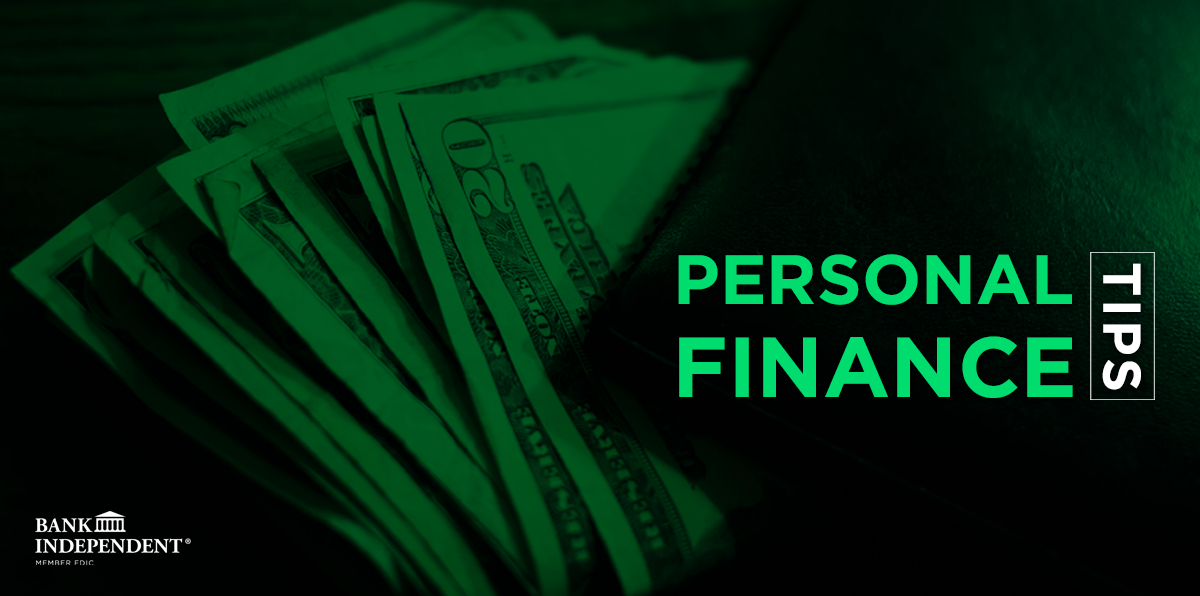
With these tips, you'll be able to save more money each month and put it towards your long-term financial goals. So, whether you're looking to get out of debt, save for a house or just have a little extra money in your pocket, these tips will help.
- Start with your biggest expenses: Your mortgage or rent, car payments, and groceries are likely your biggest expenses, so start by looking for ways to save on these.
- Create a budget and stick to it: This will help you make sure you're not spending more than you can afford and that you're putting your money towards the things that are important to you.
- Invest in yourself: Take care of your finances now and they'll take care of you down the road. Investing in yourself (through education, for example) is one of the best things you can do for your future.
How to Save Money
There are plenty of ways to save money, but it can be tough to know where to start. That's why we've put together this handy guide of 30 money-saving tips you need to know.
With these tips, you'll be able to save more money each month and put it towards your long-term financial goals. So, whether you're looking to get out of debt, save for a house or just have a little extra money in your pocket, these tips will help.
Here are a few of our favorites:
- Create a budget and stick to it
- Use a cash-back credit card
- Shop around for the best deals
- Cut down on your expenses
- Automate your finances
How to Make a Budget
Making a budget doesn't have to be difficult. In fact, following these simple steps will make the process much easier.
- Start by writing down your monthly expenses. This includes everything from your rent or mortgage payment to your grocery bill.
- Next, categorize your expenses into fixed and variable. Fixed expenses are those that stay the same each month, such as your rent, while variable expenses can change from month to month, such as your grocery bill.
- Now it's time to figure out how much money you have leftover each month after you've paid your bills. This is your disposable income.
- Using your disposable income, create a budget for each category of expense. Make sure that you only spend what you can afford and don't overspend in any category.
- Finally, make sure to review and revise your budget regularly to ensure that it's still working for you.
How to Get Out of Debt
If you're struggling with debt, don't worry, you're not alone. According to a recent study, the average American household owes over $130,000 in debt! But don't panic, there are things you can do to get yourself out of debt and back on track.
Here are a few tips to get you started:
- Make a budget and stick to it.
- Cut back on expenses and save as much money as you can.
- Negotiate a lower interest rate with your creditors.
- Sell some of your belongings to raise money.
- Get a part-time job to bring in extra income.
- Make a plan to pay off your debts one by one.
You work hard for you money
It's important to make sure you're handling your money in the best way possible. These personal finance tips will help you do just that.
- Create a budget and stick to it
- Make a savings plan and stick to it
- Invest your money wisely
- Make your money work for you
- Live within your means
- Use coupons and discounts whenever possible
- Be smart about credit cards
- Don’t fall for get-rich-quick schemes
- Learn to say no
- Plan for retirement

